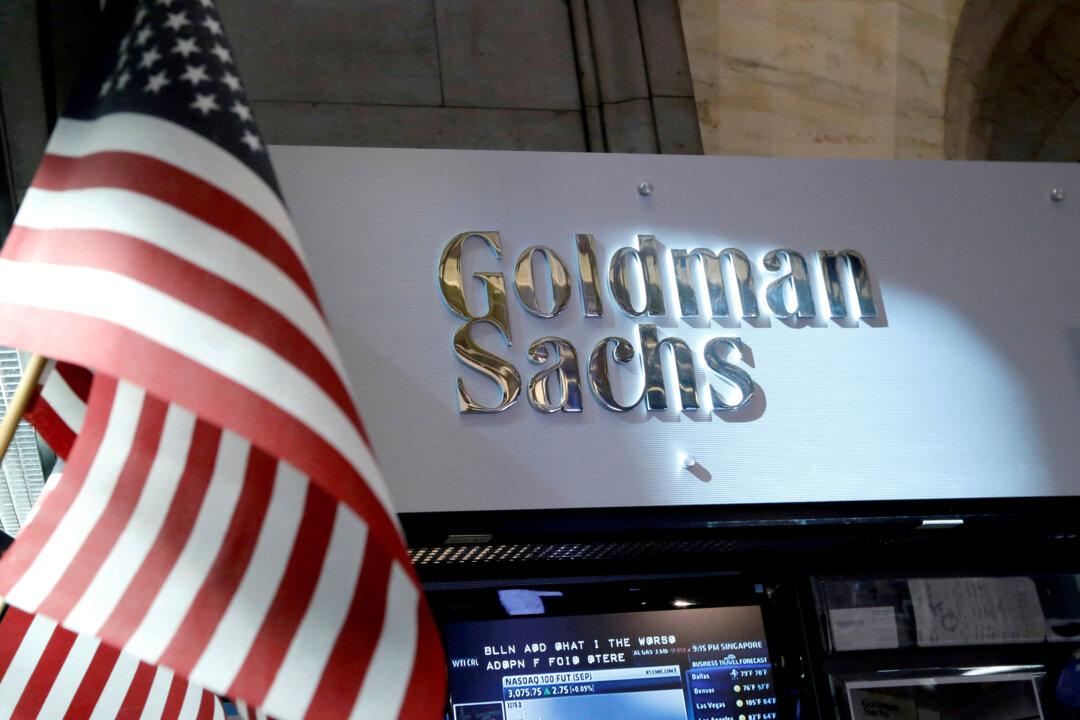Goldman Sachs Group Inc. reported a 66 percent surge in third-quarter earnings that swept past expectations on Friday, as Wall Street’s biggest investment bank rode a record wave of M&A activity that has also boosted profit for other big U.S. banks.
Net earnings applicable to common shareholders rose to $5.28 billion in the quarter ended Sept. 30, from $3.23 billion a year ago.





